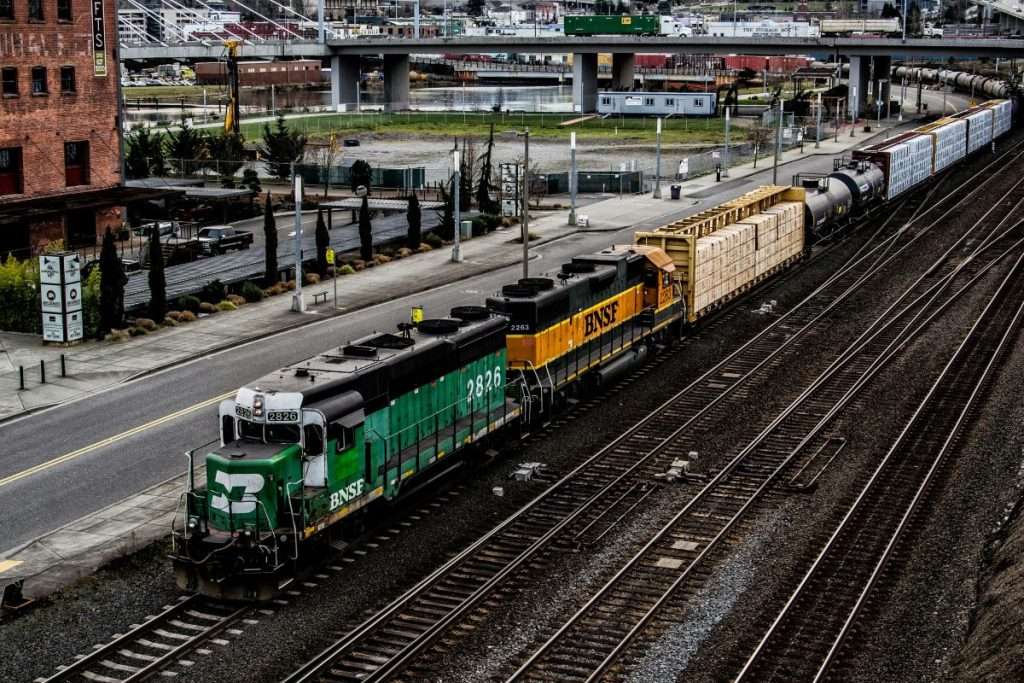Union Pacific and BNSF Suspend Grain Shipments to Mexico Amid Capacity Shortages
Union Pacific and BNSF, two major U.S. railroads, have temporarily stopped grain shipments to Mexico due to a surge in demand leading to capacity shortages and a backlog of trains. Union Pacific announced a halt on permits for grain shipments due to delays at Mexican railroads operated by Ferromex. BNSF, which initially set a one-month permit suspension on August 20, has extended its pause through September 30, according to the USDA. Union Pacific plans to resume shipments once Ferromex lifts its embargoes or the train backlog clears.
Impact of Grain Shipment Delays on U.S.-Mexico Trade
As agricultural exporters increasingly turn to Mexico to offset lost business from China, Mexico’s transportation system is struggling to cope with the heightened demand. Approximately two-thirds of grain shipments to Mexico are transported via rail, with over $30 billion in U.S. agricultural products exported to the country in the past year. The current transportation disruptions could potentially undermine trade competitiveness and worsen an already challenging financial environment for growers.
Challenges for BNSF and Union Pacific in Serving Mexico
BNSF, the largest grain hauling railroad in the U.S., acknowledged that service to and from Mexico has faced significant challenges this year, with volumes in the first half of 2024 increasing by 11% compared to the same period last year. Union Pacific, which owns a 26% stake in Ferromex, reported that at least 18 trains are held either en route or at origin for crossings at Eagle Pass and El Paso in Texas.
Mexican Railroads’ Response to Capacity Concerns
The Mexican Railway Association, however, has refuted claims of insufficient capacity to handle increased trade, expressing surprise at U.S. agricultural shippers’ concerns and asserting that Mexican railroads have sufficient capacity to efficiently and competitively handle grain imports from the U.S. to Mexico.
The transportation gridlock in Mexico affecting grain shipments from the U.S. highlights the challenges faced by exporters due to capacity constraints and backlogs. As the demand for agricultural products continues to rise, ensuring efficient transportation infrastructure becomes crucial to maintain trade competitiveness. Collaborative efforts between railroads and authorities will be essential to address these disruptions and facilitate smoother trade flows between the two countries.




